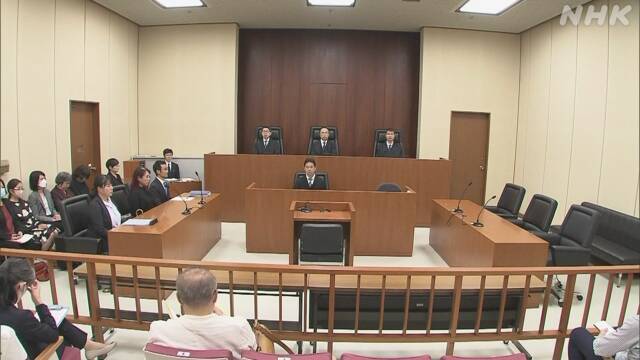In a court case in which women who took the Tokyo Medical University entrance examination sought compensation from the university for deducting points because of their gender and failing the exam, the Tokyo High Court in the second instance recognized that "adjusting the score based on gender constitutes unreasonable discriminatory treatment" and ruled that the amount of compensation for some of the plaintiffs was increased from the first trial.
Women who took the Tokyo Medical University entrance exam from FY18 to FY30 and failed the exam demanded compensation from the university, claiming that they were rejected due to fraud, such as uniformly deducting points for examinees based on their gender.
The first court granted the appeal except for one of the 1 plaintiffs, and 28 appealed the judgment.
In the second trial ruling on March 1, Tokyo High Court Presiding Judge Minoru Masuda ruled that "adjusting scores based on gender is contrary to the intent of the law prohibiting unreasonable discrimination and the Constitution, which stipulates equality before the law."
In addition, it pointed out that "regardless of whether or not the examinee was affected by the acceptance or rejection, it violated the freedom of the examinee to choose the school of their own volition, and if the score was not adjusted, it would be unreasonable discriminatory treatment based on gender," and increased the alimony of some plaintiffs. He ordered the university to pay a total of more than 16 million yen to 30 students.
The first court ruled that it was unfair that the university did not disclose the score adjustment, but the second court went further and recognized the gender score adjustment itself as discrimination.
Plaintiffs' Defense Team Leader: "It was a more advanced finding"
Yukiko Tsunoda, the head of the plaintiffs' defense team, said at a press conference, "It was recognized that the adjustment of scores based on gender itself constituted discrimination. I think this ruling can be used in other fields as well."

